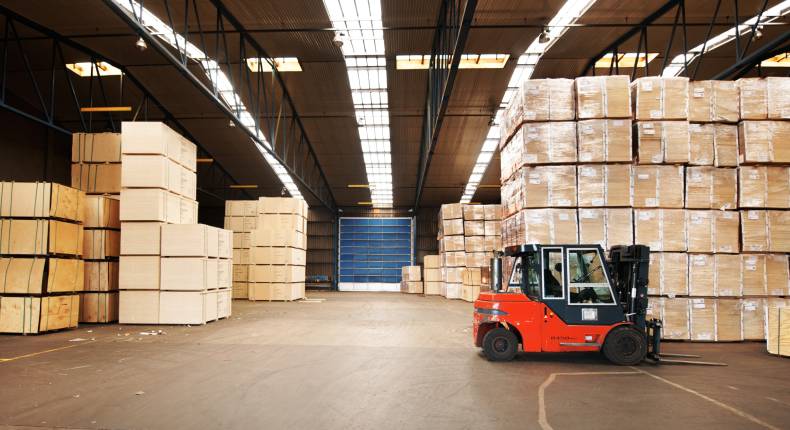Information
Legal information
CERTIFICATIONS




Funded by


Logistics operators play a crucial role in the logistics sector, facilitating supply chain management from production to the final consumer. In this article, we will explore in detail what a logistics operator is, what their main functions are, and the types of operators that exist, with a particular focus on their operation within the Spanish context.
Índice de contenidos
ToggleA logistics operator is a company or entity responsible for managing and coordinating the flow of goods, from raw materials to the final product, ensuring it reaches the consumer under the agreed conditions and time.
These professionals act as intermediaries between manufacturers and customers, offering a wide range of services that optimize the supply chain.
The main function of a logistics operator is the comprehensive management of a company’s logistics.
This includes planning, implementing, and controlling the efficient and effective flow of products, services, and related information from the point of origin to the point of consumption.
Logistics operators coordinate all logistical activities to ensure that products reach their destination safely, on time, and at the lowest possible cost.
Storage: Logistics operators provide storage services, managing inventories and ensuring that products are available when needed.
Transportation: They organize the transportation of goods, selecting the most suitable means (land, sea, air) and optimizing routes to reduce costs and times.
The services offered by a logistics operator are designed to cover all supply chain needs. These services are essential for companies to focus on their core activity while delegating logistics management to experts.
Comprehensive logistics involves the complete management of the supply chain, from raw material acquisition to final product distribution. This service covers all stages of the logistics process, including:
Reverse logistics focuses on handling returns, recycling, and disposal of obsolete or defective products. This service is crucial for maintaining customer satisfaction and efficiently managing products that return to the company. Activities included in reverse logistics are:
Cross-docking is a distribution technique where products are moved directly from the supplier to the customer, minimizing intermediate storage. This service allows for cost and delivery time reduction, characterized by:
Coordinating transportation logistics is one of the main functions of logistics operators. This service includes:
Logistics operators offer specialized services in managing customs procedures for import and export products. This service includes:
The logistics consultancy service focuses on advising to optimize logistics processes and reduce costs. Logistics operators offer:
There are several types of logistics operators, each with specific characteristics and specializations that adapt to the diverse needs of companies. The different roles of a logistics operator are:
Companies that manage their own logistics without outsourcing services are called first-party logistics operators or 1PL.
These companies internally control all logistics activities, from storage to transportation and distribution.
An example of 1PL in Spain is El Corte Inglés, which manages its own logistics for its stores and warehouses.
Second-party logistics operators, or 2PL, offer basic transportation and storage services.
These providers specialize in specific aspects of logistics, such as land, sea, or air transportation, and product storage.
An example of 2PL in Spain is Transaher, which offers transportation and storage services.
Third-party logistics operators, or 3PL, offer a full range of logistics services including storage, transportation, and value-added services such as labeling, packaging, and returns management.
3PLs comprehensively manage the logistics of companies, providing flexible and customized solutions.
Examples of 3PL in Spain include DHL and SEUR.
Fourth-party logistics operators, or 4PL, manage the entire supply chain of a company, acting as consultants and coordinators.
They integrate the services of several 3PLs and other providers to offer a global logistics solution, using advanced technologies and data analysis to optimize efficiency.
An example of 4PL in Spain is Kuehne + Nagel.
Fifth-party logistics operators, or 5PL, manage complete logistics networks through intensive use of technology and advanced solutions.
They use integrated information systems, artificial intelligence, and big data analysis to optimize the entire logistics network, from production to final consumer delivery.
An example of 5PL with operations in Spain is XPO Logistics.
These types of logistics operators offer solutions that allow companies to improve their operational efficiency, reduce costs, and focus on their core activity, while logistics management is handled by experts.
In summary, a logistics operator is crucial for the efficient operation of the supply chain, especially in the industrial supply sector in Spain. Their functions range from storage and transportation to inventory management and final product distribution.
Information
Legal information
CERTIFICATIONS




Funded by


